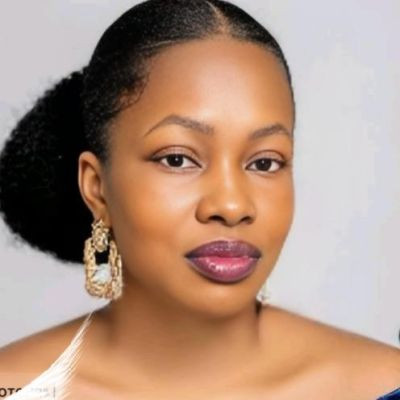The Archaeology of North Africa: State of the Field - AM Sessions
The Archaeology of North Africa: State of the Field 2014
Saturday, November 15th, 2014
Session One: State of the Field - North African Urbanism and Urbanization
“Iron Age Urbanization in Numidia” (Joan Sanmartí, Universitat de Barcelona)
“Saharan Urbanism and the Garamantian State” (David Mattingly, University of Leicester)
“Tales of the City: Archaeology, Urbanization and the Muslim Conquest” (Corisande Fenwick, University of Leicester)
Session Two: State of the Field - Mobility in the North African Landscape
“Identifying Berbers” (Elizabeth Fentress, International Association of Classical Archaeology)
“Trans-Saharan Movement of Metals from Late Antiquity to the Middle Ages” (Thomas Fenn, Yale)
Since 2011, the Joukowsky Institute for Archaeology and the Ancient World at Brown University has hosted an annual workshop focused on the state of archaeological research in a given region. Past events have examined the countries of Italy, Turkey, and Greece, as well as the Iberian Peninsula.
In November 2014, the Joukowsky Institute continued this tradition with a two-day workshop on “The Archaeology of North Africa: State of the Field.” As in past years, our overarching goal remained the same: to foster the exchange of ideas between a select number of primarily North American and European scholars, to consider some common obstacles to the study of the region, and to identify key questions for future collaboration and research.
The workshop kicked off with a lively keynote by Paul Silverstein (Reed College) on Friday, November 14th, which touched on issues discussed for the remainder of the meeting. The next day’s discussions were split into four broad themes, each featuring several short papers intended to begin a conversation on where things stand on certain key topics. The first session focused on current debates on urbanism and urbanization, and the importance of cities to our understanding of the North African past. This urban focus was offset in the second session by a discussion of the mobility of peoples and materials across this broad landscape. In the afternoon, the workshop explored the potential for new interpretations and research using available legacy data sets. Finally, participants considered the place of archaeology in North Africa within its wider communities, with a particular focus on working for the protection of cultural heritage.
The event concluded with a wide-ranging dialogue around key ideas or themes emerging throughout the day, opening the door to future cooperative ventures and providing participants with new ideas to shape the trajectory of scholarship in the region in the years to come.























